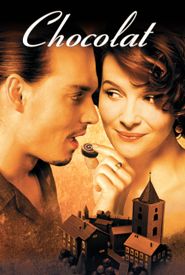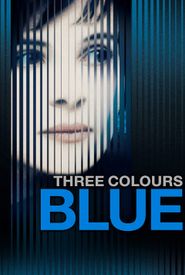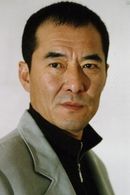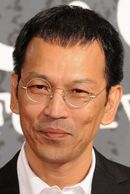Juliette Binoche, a talented actress born in the City of Light, Paris, France, to a family of artists. Her mother, Monique Yvette Stalens, was a multifaceted individual, being a director, teacher, and actress, while her father, Jean-Marie Binoche, was a sculptor, director, and actor. Juliette's maternal grandmother, hailing from Czestochowa, Poland, brought a rich cultural heritage to the family, blending French, Walloon Belgian, and Polish ancestry.
At the tender age of 23, Juliette first captured the attention of international film critics with her captivating performance in The Unbearable Lightness of Being (1988). Renowned film critic Roger Ebert, with his widespread influence through his books on film and television reviews, praised her as "almost ethereal in her beauty and innocence." However, this innocence was short-lived, as Juliette's subsequent role in Louis Malle's Damage (1992) showcased a more mature and sophisticated actress.
The following year, Juliette collaborated with Krzysztof Kieslowski on the critically acclaimed Three Colors: Blue (1993). After a brief hiatus from filmmaking to start a family in 1994, Juliette returned to the big screen as the heroine of France's most expensive film production to date, The Horseman on the Roof (1995). Her impressive resume continued to grow, with notable roles in The English Patient (1996) and Chocolat (2000),the latter earning her an Academy Award for Best Supporting Actress.































































































